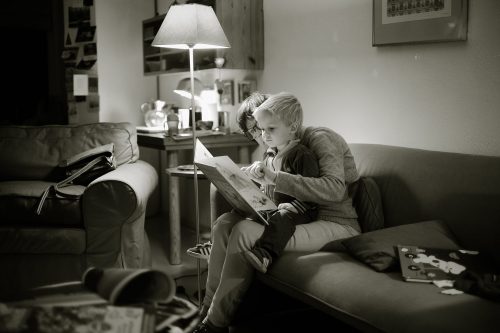
It’s always a challenge to make new friends. The process of making friends involves reading certain situations, body language, and at the same time, facial expressions. While this is tricky enough to navigate for most people, it is even more of a challenge for a child with autism.
For the parents, this can also be stressful. It can even drive a wedge in your marriage or relationship. The stress can do that to you. Luckily these days, many programs can teach parents and children how to deal with social situations. Here is a compilation of tips on how to teach kids with autism when social skills are not natural to them.
Help Him Understand The Meaning Of Friend.
This may seem simple, but it is needed for your child to distinguish between people who treat them kindly and people who don’t. Be literal. Use simple words and concrete examples. For instance, you can say, “Do you want a friend who hits your arm and calls you names?” At this stage, it won’t help much to use abstract concepts—those things can be learned later on.
“Most of us can picture our child or teenage son or daughter acting this way from time to time. But for some children and teens, these and other exasperating behaviors are uncontrollable, persistently plaguing their day-to-day existence and interfering with their ability to form lasting friendships or succeed in school and at home.” –John M. Grohol, Psy.D
Use Scripts And Visuals.

As with any situation, children diagnosed with autism work better when they are given a script to follow. For instance, you can draw up a sample conversation on how to introduce yourself. Let it start with simple things, such as asking another person’s name. Then they can “branch out” to more complex topics like hobbies and favorite food. It really helps to write down the script for him to refer to anytime. Make sure the script is complete, even with expressions like “thank you.” The use of scripts works just as well at home as it does in social situations, so feel free to use this tool anytime.
Offer Real-World Practice.
“Just because a child has autism, doesn’t mean their life should be limited — it means they might need extra help or adaptations in order to do the same things that others do.” Janeen Herskovitz, LMHC said. Yes, it may be intimidating for a parent to let their kid out in public, but it is necessary for them to practice. By riveting your child in the plans, such as choosing snacks for the afternoon out in the park, you can minimize the risk of behavioral problems. You can also let them plan playdates as well, by incorporating activities that your child and his friend would enjoy. This teaches the child the meaning of compromise.
Build Your Child’s Interest.

The right way for your child to find friends is to join social activities related to his hobbies. Let him join clubs in school that caters to his interests. For instance, does he like art? Let him join an extension program for the arts. That way, it will be easier for him to strike up conversations. Just be sure that he is surrounded by kids his age so that he learns the behaviors expected of kids in his age group.
Think About Long-Term Success.
It’s a good idea to build a plan, anticipating the changes in social skills as they grow older. It will help to practice a lot at home as well as to participate in autism programs. Remember that this is a long process, but with patience and perseverance, it can also be gratifying in the long run. Note that “There is no cure for autism, nor is there one single treatment for autism spectrum disorders. But there are ways to help minimize the symptoms of autism and to maximize learning.” Karla Helbert, LPC, E-RYT, C-IAYT said.
These tips are all based on advice from Holly Hennessey and Jocelyn Eskenazi, both behavioral experts who work with high-functioning kids with autism.
